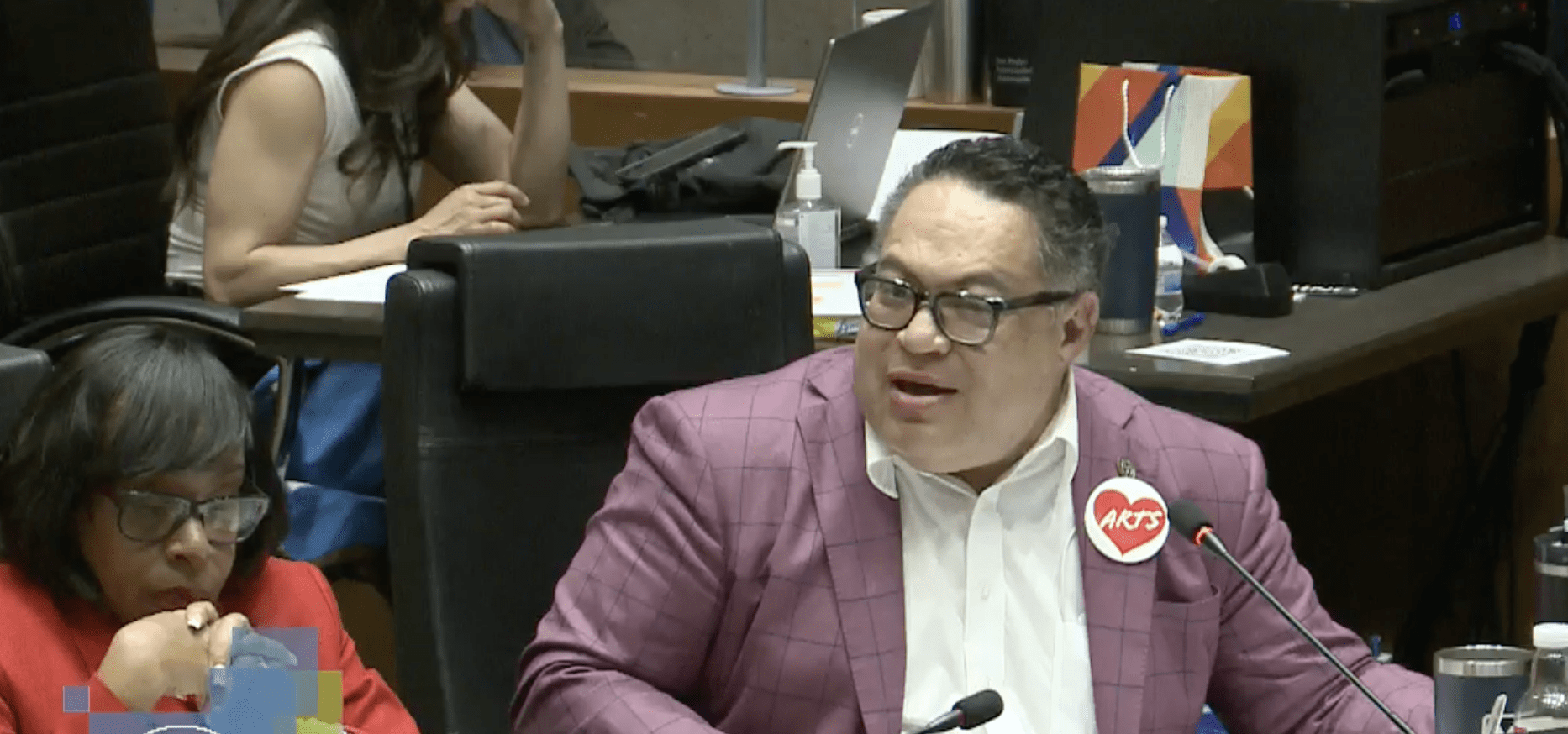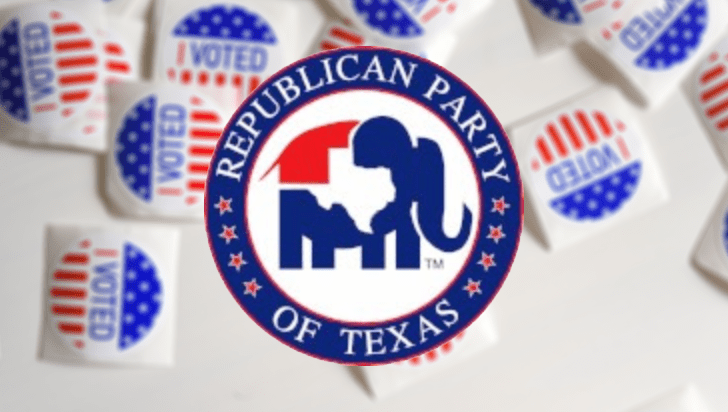Dallas residents will soon vote on 10 bond propositions totaling $1.25 billion in property tax-backed debt after city council members voted 14-1 to approve a special May 4 bond election.
During Wednesday’s city council meeting, Councilman Omar Narvaez introduced an amended bond package, revised slightly from the version approved by council in a 9-6 “straw vote” last month to include $5 million discretionary allocations from each member.
The revised bond package included:
- Streets and Transportation: increased from $500 million to $521.2 million
- Parks and Recreation: increased from $310.5 million to $345.2 million
- Libraries: increased from $43.5 million to $43.53 million
- Housing: increased from $24.4 million to $26.4 million
- Economic Development: increased from $65.8 million to $72.3 million
- Homeless Housing: increased from $8.5 million to $19 million
- Flood Protection and Storm Drainage: remains at $52.1 million
- Public Safety: remains at $90 million
- Cultural Arts Facilities: remains at $75.2 million
- Information Technology: remains at $5 million
“It is not easy to come up with a solution for $24 billion of deferred maintenance across our entire city and fix it with $1.25 billion,” said Narvaez. “A lot of hard choices had to be made. Nobody got everything they wanted.”
“We just cannot let our assets fall apart in this city,” he added.
A handful of citizens spoke on the bonds, including Louis Darrouzet, CEO of the Metroplex Civic and Business Association.
“I’m not advocating for or against the bond today, but I’m asking for an increased level of due diligence and fiscal responsibility,” Darrouzet told city officials. “The city’s increases in spending and debt will end up being paid via higher property taxes from our pockets, ultimately making the city of Dallas less affordable to everyone.”
If approved, the bonds are projected to cost city property taxpayers $1.76 billion with interest.
City taxpayers currently owe $3.5 billion in property tax-supported debt principal and interest.
Darrouzet also noted that the city still has unspent bonds approved in 2017, and that the new bond proposals are “chock full of maintenance and refurbishment work.”
“I’m not saying these items don’t need to be completed. My question is why the city cannot get this routine maintenance done through your general fund. Since 2019, the city’s budget has increased from $3.8 to $4.8 billion while the population has decreased 3.5 percent,” he said. “What is all that spending of extra money if not on repairs for roads or maintaining our communities?”
Darrouzet added he’d like to see “more transparency and efficiency” in city spending.
The council’s vote followed about 2-1/2 hours of discussion among the members and city staff.
Councilman Adam Bazaldua proposed an alternate set of bond propositions that decreased the amounts spent on streets—the top priority among city residents—and other categories, zeroed the IT proposal, and added back $27.9 million previously recommended to refurbish city hall.
Councilwoman Cara Mendelsohn called Bazaldua’s proposal “unacceptable.” Members rejected Bazaldua’s amendment 12-3.
Bazaldua was the lone “no” vote on the adopted plan put forward by Narvaez.
“Every single one of these proposals literally has something that every single person that’s elected on this body asked for, wanted, pushed, supported,” said Narvaez.
“This is a reflection of every one of us, which is a reflection of every one of you out there,” he said. “This is probably the best bond package that I’ve seen in a long time. Why? Because it addresses some equity issues. We’ve never had equity as a policy in the city before.”
Deputy Mayor Pro Tem Carolyn King Arnold said she will “continue to underscore racial equity in the implementation of all of the financial decisions that we make.”
A May special bond election will see far less voter participation than if it were held in conjunction with the November presidential election, and it will cost more—an estimated $700,000.
The bond propositions will appear on the May 4, 2024 ballot.
No ads. No paywalls. No government grants. No corporate masters.
Just real news for real Texans.
Support Texas Scorecard to keep it that way!





